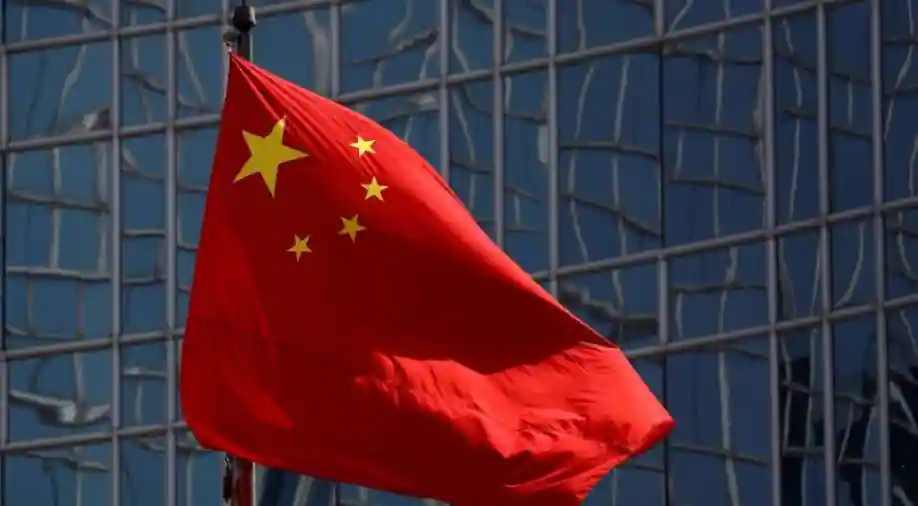For a long time now, the West has controlled the global narrative, from the Cold War to the US invasion of Afghanistan. This control stands on foundations like technology, resources, influence, etc. However, the most important foundation for this control of narratives was (and largely is) money. On the back of this control, the west, led by the United States, has not only continued its standing as the leading world power but also been able to shape global opinion in its favour for a long time now.
However, with changing world orders, China seems to have understood the immense importance of controlling global narratives and has been very successful in doing so.
Earlier, the Chinese government was pretty much focused on controlling and censoring information for their population. However, post a more globalised China, the CCP, or Chinese Communist Party, started taking more interest in China’s image as a nation and a state outside its borders. This interest in global opinions and narratives was largely ignited by China’s growing stakes in international diplomacy and geopolitics, aided by Chinese endeavours like the Belt and Road Initiative (BRI), as well as its larger conflict with the USA.
According to the South China Morning Post, China has spent over $6.6 billion on global media investments since 2009. For the general populace, the CCP states that it wants to “tell the China story.” However, in reality, all it wants to do is to promote the CCP’s propaganda. The most prominent investment from China into global media is ‘Chinawatch’, a news supplement prepared solely by China Daily, a Chinese government publication. The publication is simply Chinese government propaganda under the façade of news. As per China Daily’s own figures, it paid the Wall Street Journal over $6 million, the Washington Post nearly $4.6 million, and the New York Times roughly $50,000 in ad revenues between 2016-2020. These publications are even popular in India, with a range of newspapers from The Hindu to The Indian Express publishing them regularly.
In addition to this, the Chinese Communist Party spends significantly on ‘training’ foreign journalists and holding workshops inside mainland China to popularise the CCP’s version of the narrative. The Chinese government also uses its initiatives like the BRI to further advance its foothold in the global media.
Take Italy’s example, one of the most recent entrants into the BRI. According to the International Federation of Journalists, or IFJ, with the BRI Accords, Chinese authorities signed a series of agreements with ANSA, Italy’s leading news-wire service firm. As per the agreement, ANSA would have to run fifty stories on China daily, given to them by Xinhua (China’s state broadcaster). Several other agreements were also signed between RAI (Italy’s state broadcaster) and China Media Group, the all-powerful organisation that controls major Chinese media firms like China National Television (CCTV) and China Radio International (CRI). These agreements help the Chinese government to propagate its official views and potentially inhibit any “unwanted” debates from entering these news organizations, like the Uighur re-education camps or China’s role in the COVID-19 pandemic.
The case is pretty much similar to that of the Czech Republic’s Czech Empresa Media, along with the Philippines’ state broadcaster, Presidential Communications Group, among a host of other media houses. With Chinese investments in such news networks, any negative coverage of China and the Chinese government isn’t just made to disappear but is even replaced with positive propaganda pieces. As per the Association for International Affairs, Czech Republic, post the Chinese investments in the country’s private broadcaster, TV Barrandov, the network didn’t just cover the positive aspects of China’s role in CoVID-19 and BRI but also actively worked to ignore any negative coverage of China.
The situation is even more grim in Africa, wherein journalism as an industry isn’t sustainable and is in a dire state, with journalists struggling to get paid regularly and make ends meet. Taking advantage of such a dire situation in the news industry, China not only pours money into African news networks but also has created extensive networks of its own, like that of CCTV Africa. With Africa being one of the largest components of the BRI, the Chinese government leaves no stone unturned to control its image on the continent. And it has been pretty successful at that too, as IFJ reported that in its survey, over 75% of African journalists viewed Chinese investments in African media as positive, while 56% of the news about China on the continent was positive in nature.
In the 1990s, the leaders of the western world, including then US President Bill Clinton, believed that by opening trade with China, they would export democratic values. However, the world seems to have imported authoritarian values from the People’s Republic. Therefore, the world media needs to stand on its feet again and decide whether it wants to see journalism as the fourth estate of democracy or as the first wave of authoritarian ideals.

